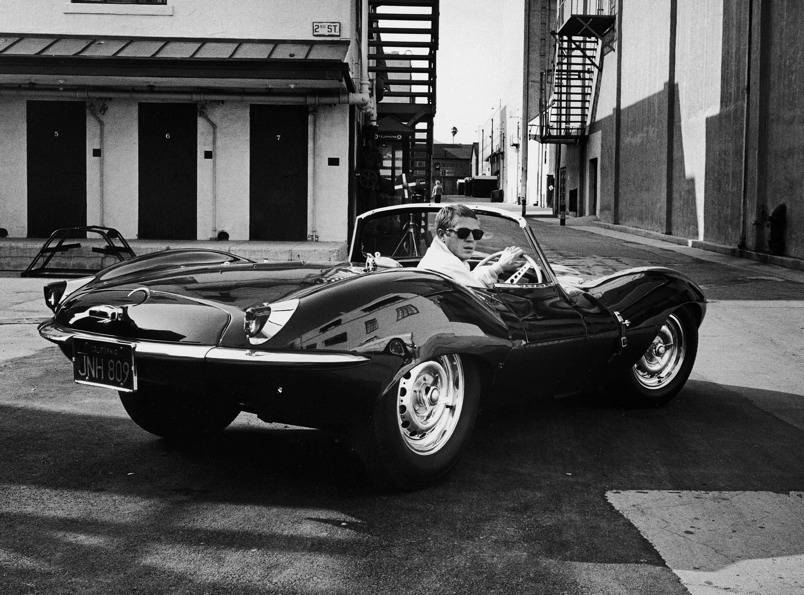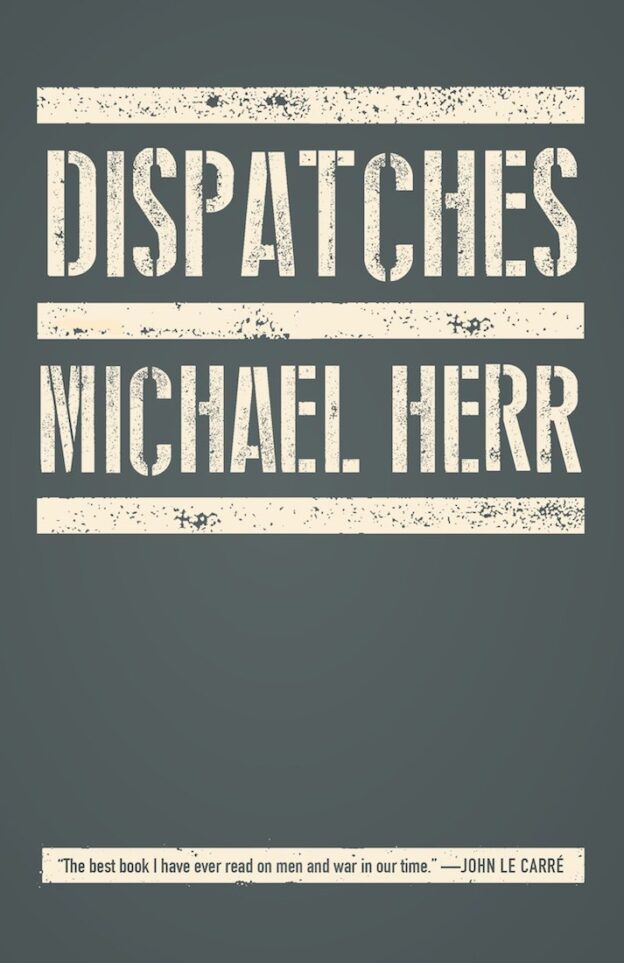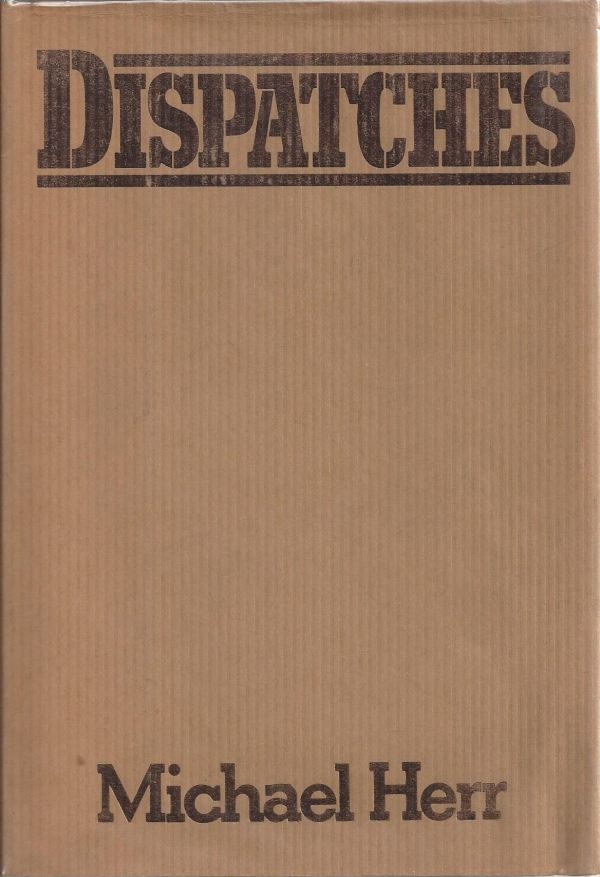Positives have been hard to come by during the COVID-19 pandemic. But reading more books is definitely one of them. Without plays, movie theaters or sports for so long, and absent the regular hustle of commuting and socializing, there is plenty of time to give oneself permission to read books again. I’ve always envied those people who say they read like three-four books a month and wondered exactly where they found the time to do so in this modern, high-productivity world where you end up working even when you’re not technically on the clock. Even if I had somehow carved out that time when things were normal it would’ve felt like slacking to take, say, two hours in the middle of the day to read a big chunk of a book. Reading was reserved for evenings before bed, usually balked before long by sleep, and beach vacations with endlessly relaxed hours of leisure between breakfast and lunch with which to consume the literature of one’s choice while lying in the sun. But during these crazy, restricted circumstances the regular rhythms of workaday life have been so disrupted that there are vast swaths of time while “working” from home that are justifiably and easy filled with a bit of reading. And one of the best books that I’ve read during this forced hiatus in any genre or on any subject is Michael Herr’s Vietnam War classic, Dispatches.
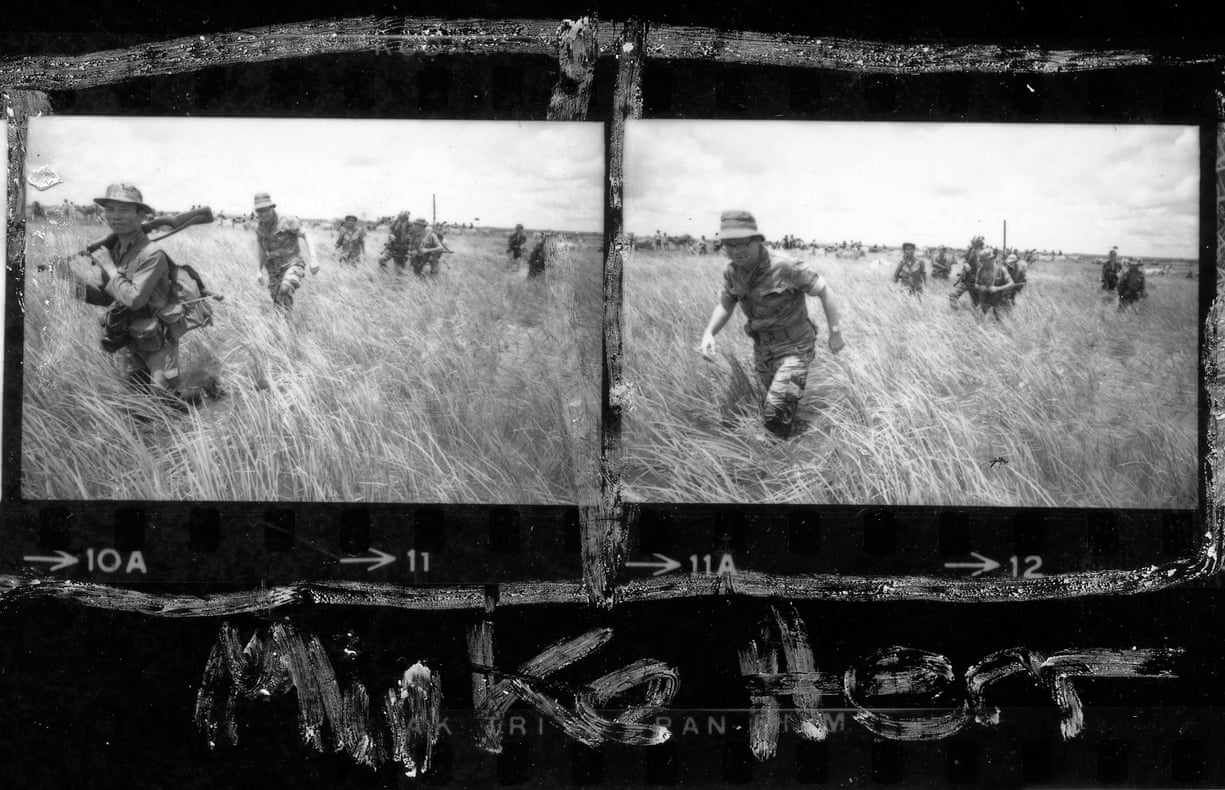
Michael Herr in Vietnam – photo by Tim Page
I was honestly surprised that I hadn’t come across Dispatches before now since it is regarded as one of the classics on the subject if not the finest journalst’s account of the Vietnam conflict. Like many young Americans during the 1980s, I went through a major period of fascination with Vietnam during my school years over and above any mandatory history courses. Films like Francis Ford Coppola’s epic Apocalypse Now, which echoed long after its initial 1979 release and continues to do so today, and then Oliver Stone’s Platoon (1986) seemed to ignite a resurgence of interest in that star-crossed war. I consumed a lot of first person accounts like Mark Baker’s grueling oral history, Nam, and Philip Caputo’s personal experiences there as a Marine lieutenant in combat, A Rumor of War. Yet somehow one of the very best of these accounts slipped through the cracks of my reading list those many years ago. So I’m all too happy to have “discovered” Dispatches now, however belatedly and however weird the present circumstances. Fortunately, I was reading an anthology of long reportage called The New Journalism (co-edited and featuring a long essay of principles by the late, legendary Tom Wolfe, the New Journalism’s leading practitioner and proponent), when I came across a brilliant excerpt of Herr’s writing and I knew I had to get the whole book.
“And at night it was beautiful. Even the incoming was beautiful at night, beautiful and deeply dreadful.
I remembered the way a Phantom pilot had talked about how beautiful the surface-to-air missiles looked as they drifted up toward his plane to kill him, and remembered myself how lovely .50-caliber tracers could be, coming at you as you flew at night in a helicopter, how slow and graceful, arching up easily, a dream, so remote from anything that could harm you. It could make you feel a total serenity, an elevation that put you above death, but that never lasted very long. One hit anywhere in the chopper would bring you back, bitten lips, white knuckles and all, and then you knew where you were.” — excerpt from Dispatches
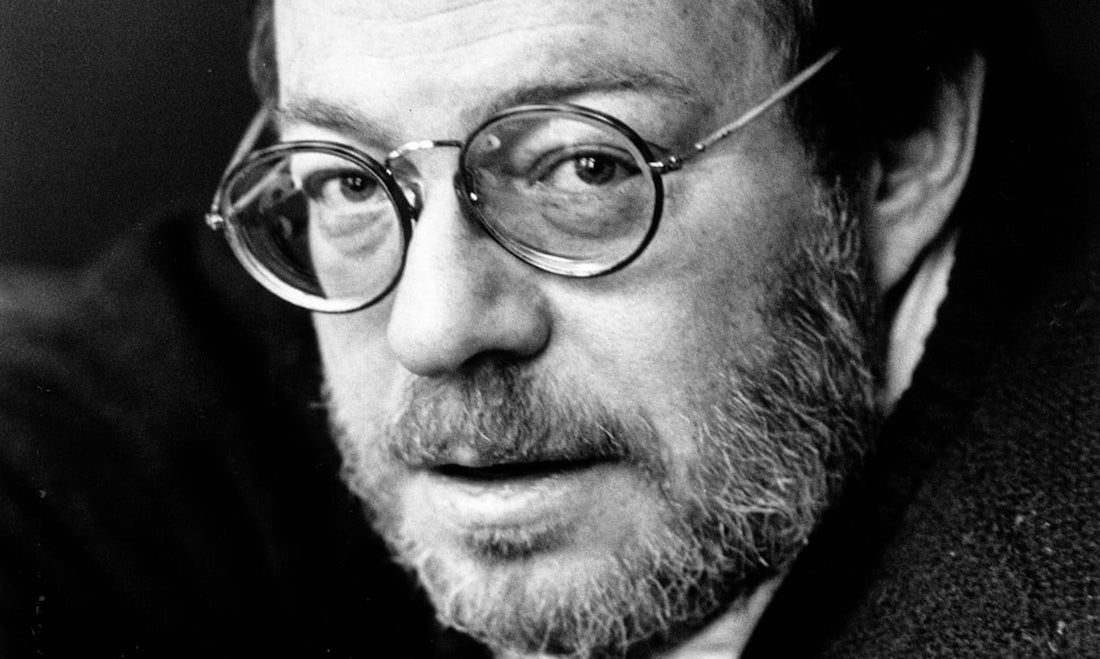
Michael Herr –Photograph by Jane Bown
The late Michael Herr (b. 1940 – d. 2016) was a fairly green reporter with not much more than some rock criticism under his belt when he somehow wangled an assignment from Esquire to cover the war for them on the ground in Vietnam. He wound up staying for nearly two years during the height of hostilities between 1967 and 1969. Blessed with a remarkable reserve of personal courage and a virtuosic ear for the profane argot of soldiers in combat, he documented the Vietnam experience in a horrifyingly honest yet darkly entertaining way. With a keen eye for human speech and behavior, as well as the intangible details of atmosphere, scents, weather, geography and a perfect understanding of the cultural significance of the classic rock music permeating the conflict via transistor radio in the late ’60s, Herr arrived in time to find his footing and meet his eccentric colleagues in Saigon. He then willingly headed further north, ever closer to the action near the DMZ, to document the aftermath of the bloody battle of Hué during the Tet offensive and the harrowing siege of Khe Sanh, giving a mostly Marine grunt’s-eye view of those terrible, perversely exhilarating and militarily pivotal flashpoints.
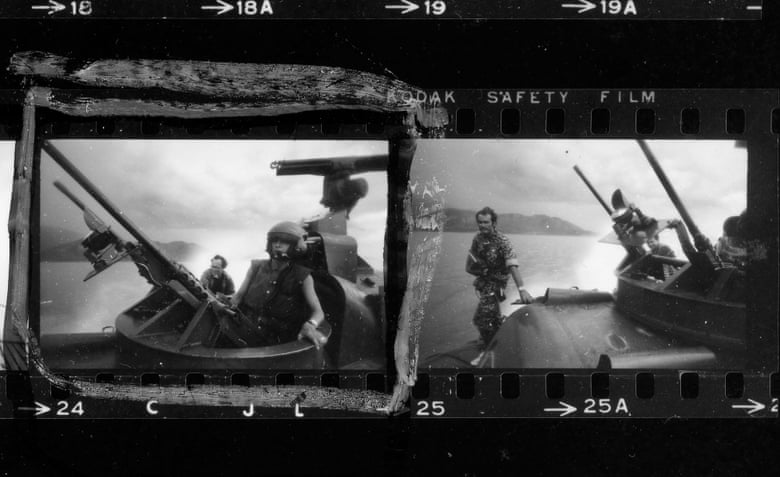
Michael Herr and Sean Flynn in Vietnam – photo by by Tim Page
If you’ve seen Apocalypse Now you will have an instant familiarity with Herr’s somewhat free-associative, cynical yet humane and brilliantly observational prose. That’s because Coppola wisely tapped Herr to write the voiceover narration for Apocalypse Now. So when you read Dispatches there is no small similarity between the knowingly sardonic tone of Captain Willard’s spoken word account of heading up river towards his fateful rendezvous with Colonel Kurtz and Herr’s nonfiction — but equally cinematic — account of soldiers in the field under harsh and deadly conditions, as well as staff officers back in air-conditioned Saigon spouting MACV’s kill ratio and bombing efficiency metrics and Hearts and Minds talking points. There’s even a prequel to the astonishing and iconic helicopter assault sequence from the film in the way Herr describes the ruthless efficiency and elan of the First Air Cavalry’s relief mission spearheading Operation Pegasus in securing the surrounding outposts of Khe Sanh after the Marines had done the bulk of the fighting and the dying. The impressionistic narrative of the chaotic and disorienting siege itself will ring a bell with its similarities to the brief, flare-lit nighttime nightmare of the “Do Lung Bridge” sequence, although in the book Khe Sanh is actually the longest and most fully immersed section, and justifiably so. Likewise, Stanley Kubrick also famously pursued Herr for his war experiences and incredible ear for the way soldiers talked in ‘Nam when he was developing Full Metal Jacket (1987) out of the novel The Short Timers. There are sections of that film’s dialogue that are nearly verbatim passages from Dispatches and the two became good friends in the last years of Kubrick’s life.
There are also vivd and affectionate portraits of his fellow danger-junkie colleagues, the equally brave and sometimes even foolhardy photojournalists Sean Flynn, Dana Stone and Tim Page, idiosyncratic characters and kindred spirits who actively sought out the worst of the fighting to the amazement of the soldiers and Marines they covered. An incredulous “Wait, you volunteered for this??” was the universal response when these wild men of journalism showed up to do their invaluable part in documenting the men in combat of this particular and peculiar war. All of them would pay for their unique combination of thrill-seeking and dedication with serious injuries and even death. Herr himself suffered a breakdown upon his return stateside that delayed his ability to write the story he so desperately needed to get our of his system until its 1977 publication, many years after coming home. Almost as important as Herr’s sympathetic portrayal of the soldiers, his remembrances of these other wartime journalists, his peers whom he respected and worked alongside under the most intense of circumstances, show the value of their courage in documenting what they all actually saw there without the filter of government and military command happy talk but rather directly from the perspective of the men who had to do the fighting and the dying in Vietnam. And for that unvarnished record and the overall mind-blowing effect of Dispatches we should be thankful that this phantasmagorical chronicle of America’s most ill-fated and misbegotten war exists.
Using all the skills of a great novelist to create one of the greatest exemplars of the New Journalism, Herr doesn’t merely describe Vietnam for the reader but transports him there — its sights, its smells, the heat, the dust, the body bags, the chaos, the arbitrary and capricious vibe of death lurking around nearly every corner; the gruff yet tender camaraderie between soldiers facing the pressures of innumerable kill-or-be-killed situations. Most of all, the crazy bravery of a young journalist both horrified yet inexorably drawn to the conflict and determined by his own personal code to do justice to the Marines and soldiers doing the fighting for a cause that most weren’t really able to articulate or fully justify.
Yes, the book is highly subjective, not to mention extraordinarily profane and disturbing at times. Herr admitted that he created composite characters for his dialogue and that not all the events in the book happened precisely as they are described. But the saturation of Herr’s nearly two years deep in Vietnam comes shining through like absolute truth. If you watch something comprehensive about the war like Ken Burns and Lynn Novick’s remarkable 10-part Vietnam documentary, you will know that Herr got the overall feel absolutely right whatever stylistic choices he made and also created a thoroughly riveting first-hand account of the war in the process. It’s unsettling, it’s disheartening, it’s funny as hell in parts and it’s depressing in its final retrospective revelation, never stated but clear through the rearview mirror of history, that it was all for nought. In an age of so much self-deception about American exceptionalism and a crazy, unreflective sort of hyper-patriotism it’s important to look back and realize that we are not infallible and that when we make mistakes on the global political stage they tend to be great big blundering ones with awful consequences. Michael Herr’s Dispatches brilliantly reminds us of who exactly pays the costs for those sorts of fatal national miscalculations. And as that generation of Vietnam veterans fades away, just like their WWII and Korean War brethren before them, a book like Dispatches is all the more important for documenting the lives they led and the war they had to fight. For students of military history, 20th century American history, the Vietnam War in general or simply Americans and other citizens of the world looking to learn more about what the hell it was really all about during that crazy war I can’t recommend Dispatches enough. It simply reads like absolute burning truth.
